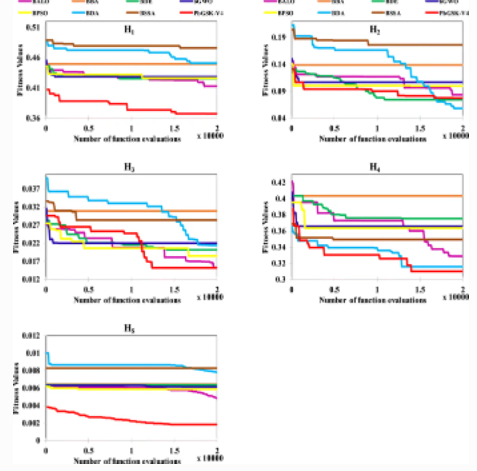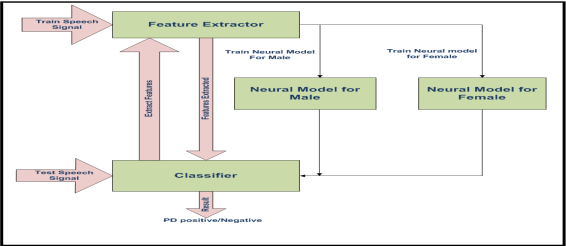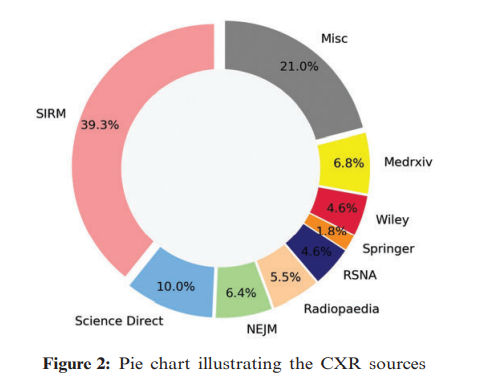
A cooperative Q-learning approach for online power allocation in femtocell networks
In this paper, we address the problem of distributed interference management of cognitive femtocells that share the same frequency range with macrocells using distributed multiagent Q-learning. We formulate and solve three problems representing three different Q-learning algorithms: namely, centralized, femto-based distributed and subcarrier-based distributed power control using Q-learning (CPC-Q, FBDPC-Q and SBDPCQ). CPC-Q, although not of practical interest, characterizes the global optimum. Each of FBDPC-Q and SBDPC-Q works in two different learning paradigms: Independent (IL) and Cooperative (CL). The former is considered the simplest form for applying Q-learning in multi-agent scenarios, where all the femtocells learn independently. The latter is the proposed scheme in which femtocells share partial information during the learning process in order to strike a balance between practical relevance and performance. In terms of performance, the simulation results showed that the CL paradigm outperforms the IL paradigm and achieves an aggregate femtocells capacity that is very close to the optimal one. For the practical relevance issue, we evaluate the robustness and scalability of SBDPC-Q, in real time, by deploying new femtocells in the system during the learning process, where we showed that SBDPC-Q in the CL paradigm is scalable to large number of femtocells and more robust to the network dynamics compared to the IL paradigm. Copyright © 2013 by the Institute of Electrical and Electronic Engineers, Inc.



